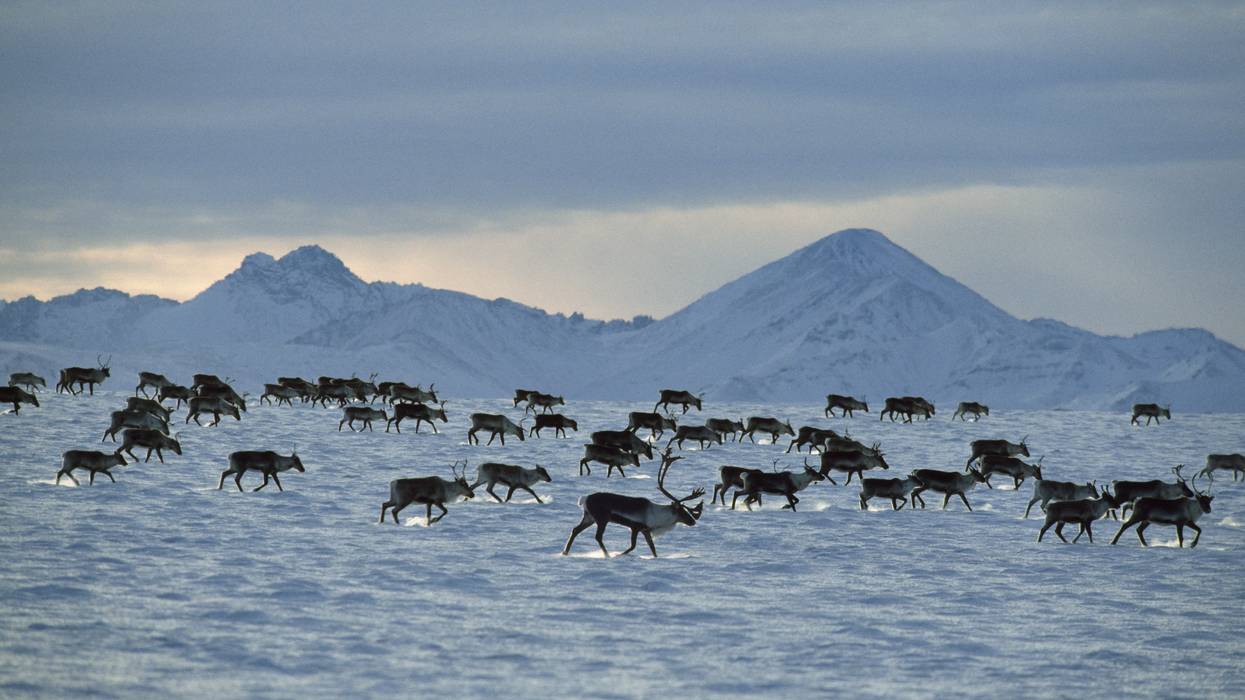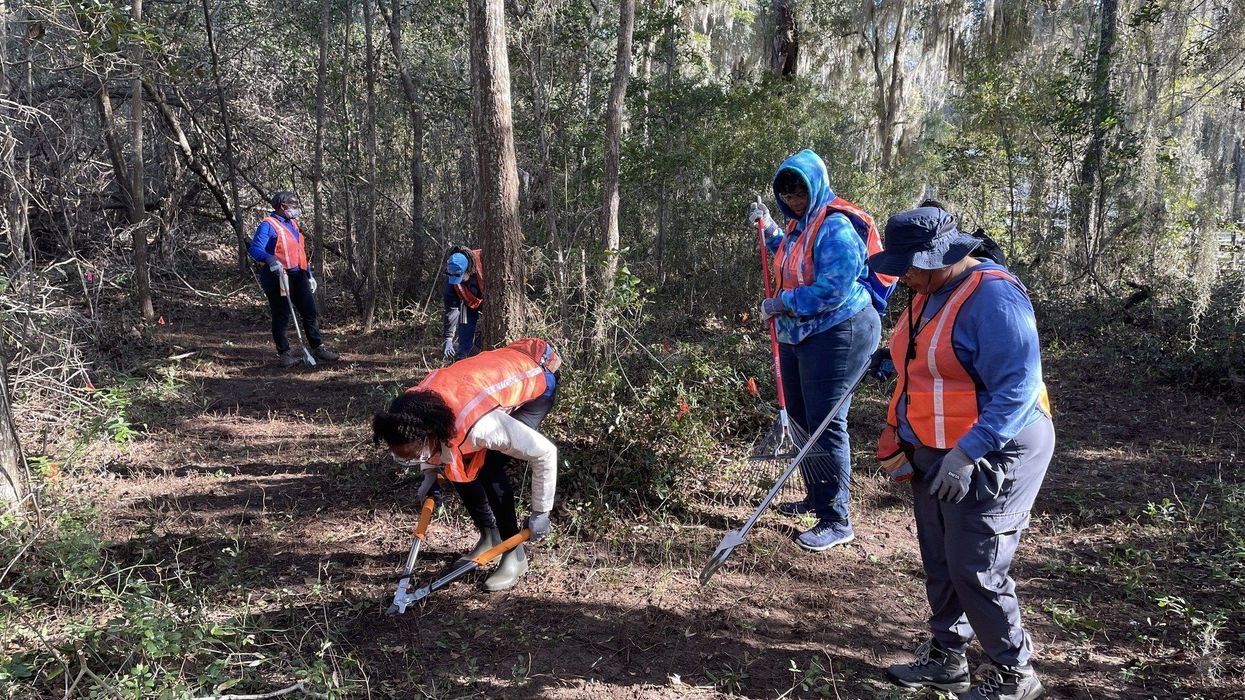One surprising trend that’s taken off as a result of these concerns? Crafting.
It’s incredibly frustrating as an individual trying to lessen my impact on the environment—spending hours knitting, crocheting, and thrifting—while watching politicians on Capitol Hill greenlight massive polluters.
Especially since the Covid-19 pandemic, the so-called fiber arts—like knitting, embroidery, quilting, crocheting, and so on—have helped Gen-Zers channel their environmental concerns into their wardrobes while also expressing their creativity. Despite it once being labeled a “grandma activity,” a stunning 73% of crocheters are now between the ages of 18 and 34, according to one website dedicated to the craft.
The explosion of fiber arts on TikTok and Instagram inspired me to take up knitting, thrifting, and crocheting as a way to expand my wardrobe consciously while limiting the amount of waste I produce.
Last year, I knit a sweater for my mother for her birthday and crocheted a scarf for my father for Christmas. I love taking weekend thrifting trips with my friends, exploring new areas as we purchase second-hand clothing. Engaging in fiber arts and eco-conscious shopping helps me feel closer to my community while reducing my environmental impact.
But while young people are knitting sweaters and thrifting new clothes, our representatives in Congress are passing huge giveaways to the fossil fuel industry and attacks on sustainability.
President Donald Trump’s recently passed “Big Beautiful Bill” will significantly reduce funding for sustainable programs. It will drastically scale back the Inflation Reduction Act’s clean energy tax credits, which have accelerated the clean energy sector. This will hinder the transition to clean energy, raise energy prices, and substantially increase carbon emissions.
The bill also introduces “pay to play” provisions that will allow large companies to pay fees for expedited environmental reviews, effectively repealing the National Environmental Policy Act. By bypassing these reviews, these companies can avoid regulatory requirements to streamline gas or oil drilling projects.
The bill also included a measure that would have forced the unprecedented sale of 250 million acres of public lands. These lands, which include hiking trails, drinking water, and critical wildlife migration corridors, would be made available for companies to purchase for oil drilling.
This provision was stripped after a massive public outcry, but the danger remains that it could be reintroduced in one form or another.
These changes are accompanied by a historic increase in the military budget, throwing an extra $150 billion into the Pentagon, which has a carbon footprint larger than most entire countries. This will raise the total Pentagon budget to over $1 trillion annually.
Unless it’s repealed, Trump’s Big Beautiful Bill will be a disaster for the planet—and my generation. It’s incredibly frustrating as an individual trying to lessen my impact on the environment—spending hours knitting, crocheting, and thrifting—while watching politicians on Capitol Hill greenlight massive polluters.
My actions, and the collective actions of my generation, deserve to be acknowledged. We deserve to have our sustainability concerns reflected in our federal budget. We’re doing our part—don’t erase our progress.




